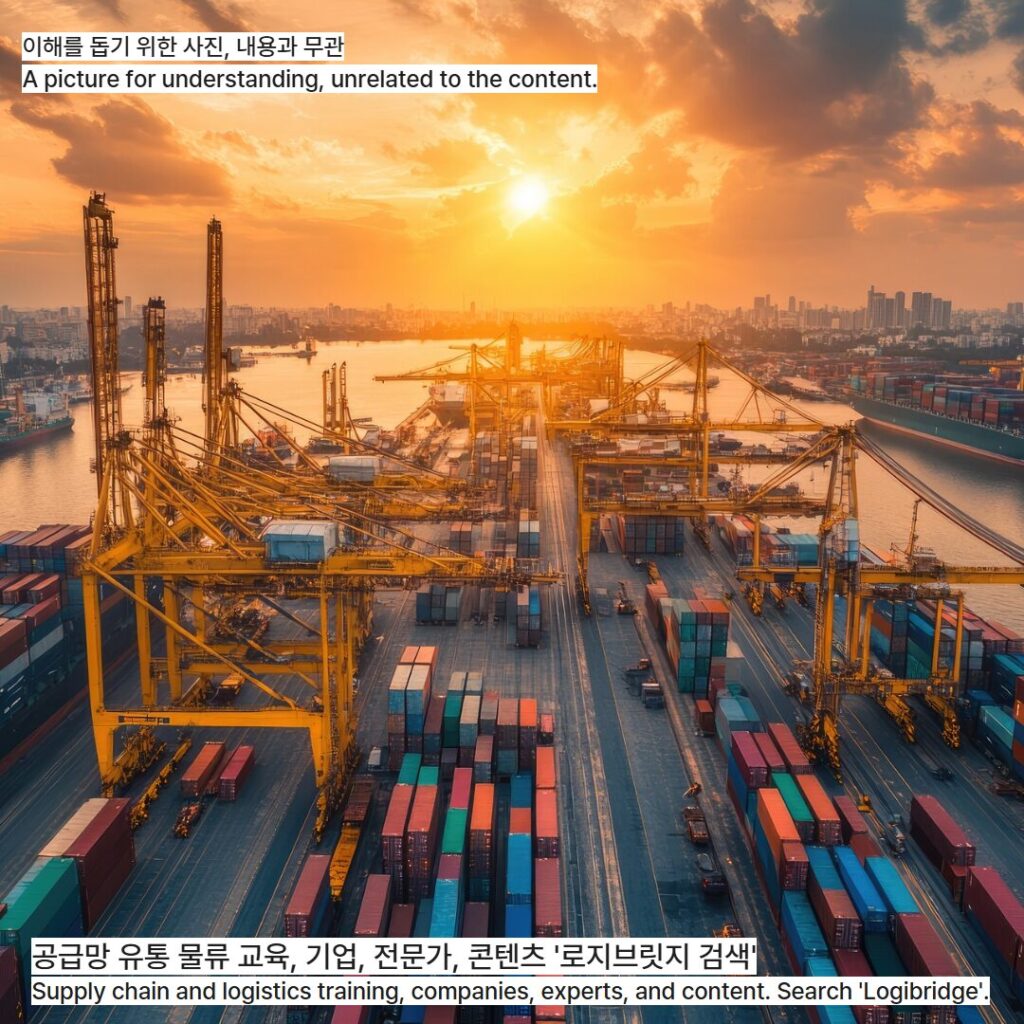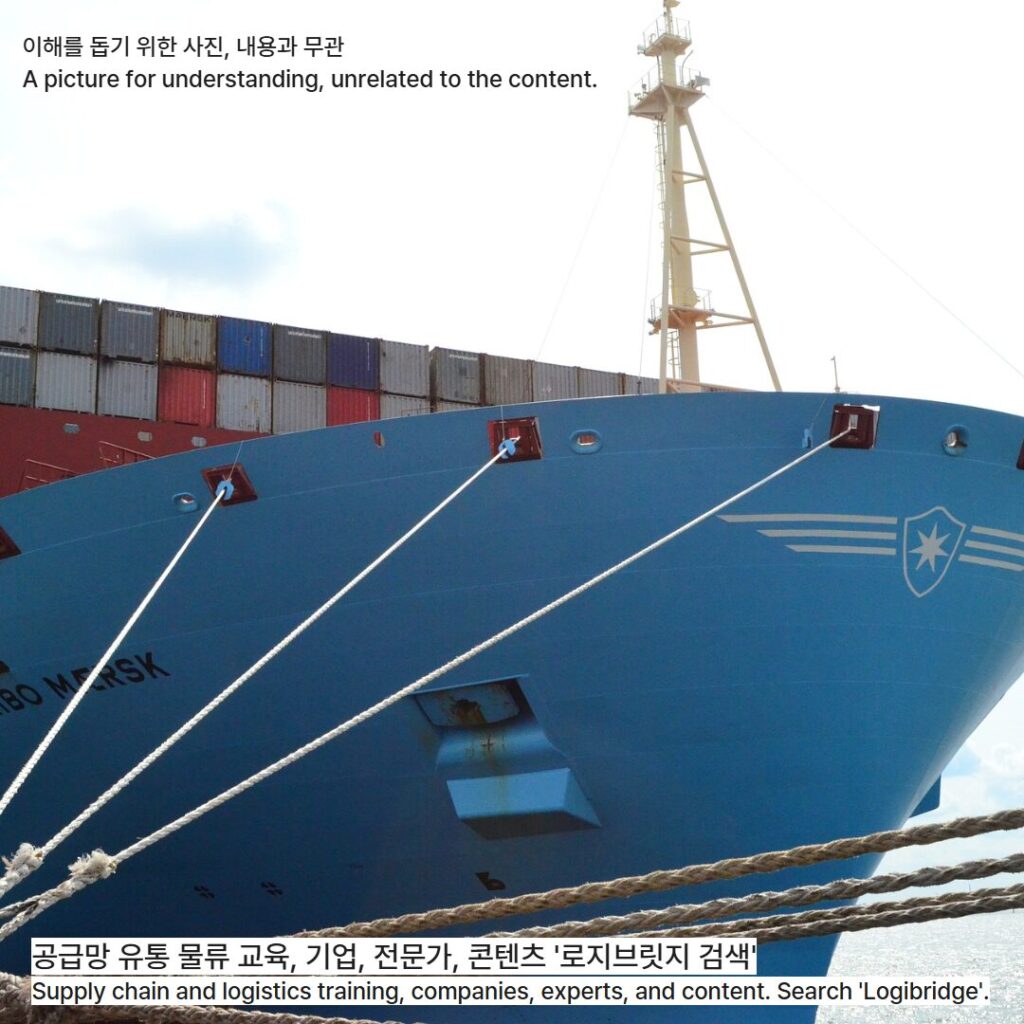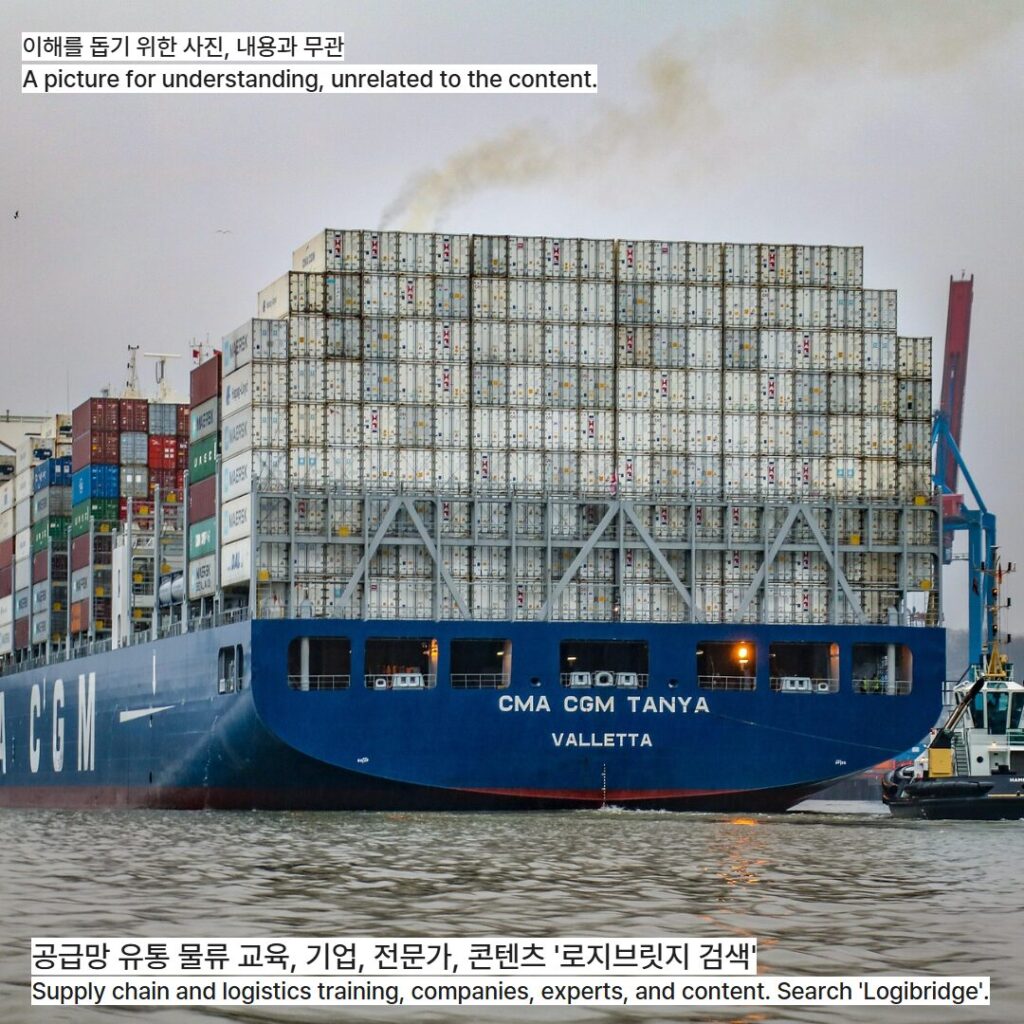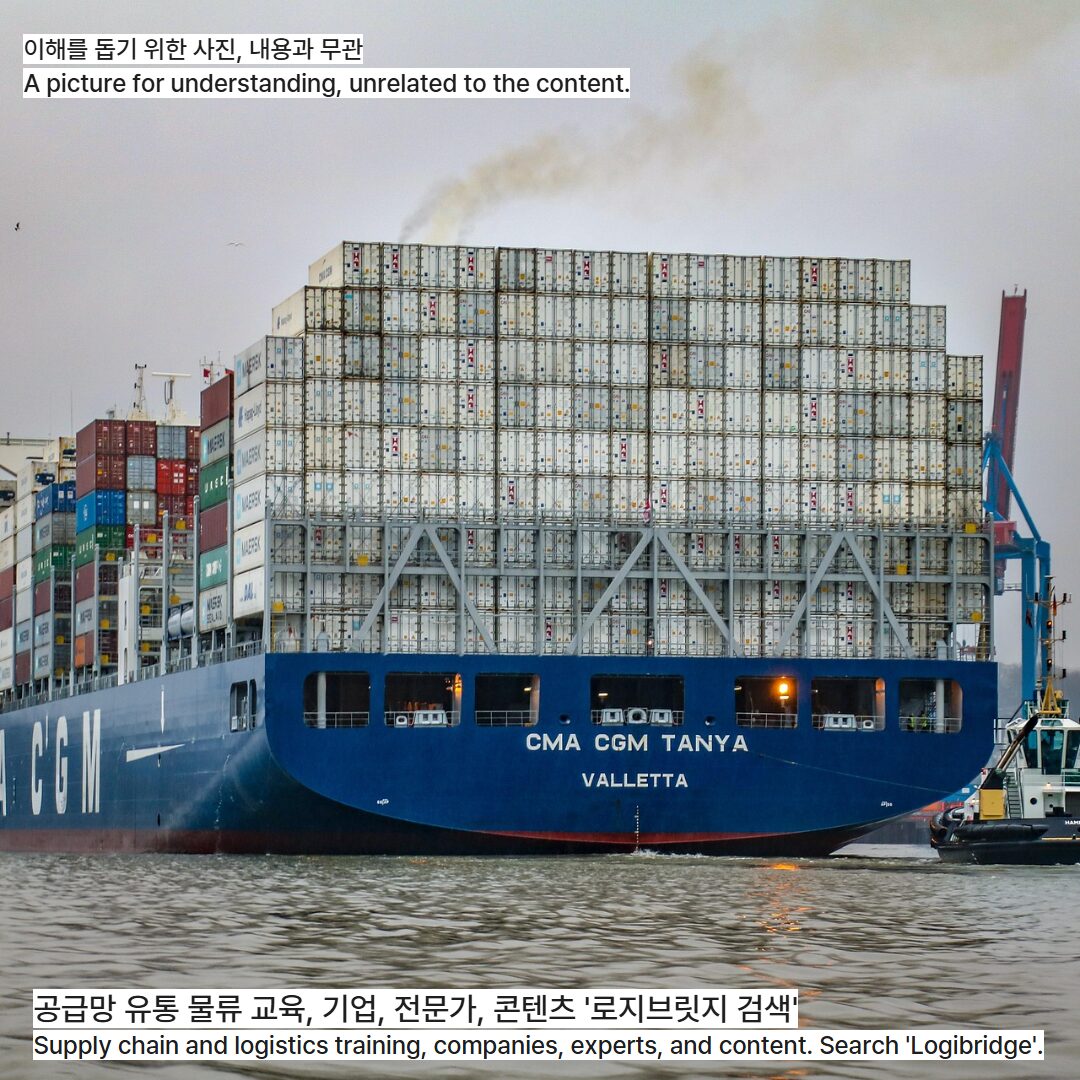U.S. tariffs on China and geopolitical tensions are reshaping global supply chains. Vietnam, Southeast Asian ports, and new shipping alliances are emerging as pivotal players.

Global Trade Order and Tariff Changes
Recent U.S. tariffs on Chinese goods and geopolitical frictions are disrupting global supply chains. The U.S. has imposed 25% tariffs and additional penalties on rerouted imports, forcing diversification.
According to the Vietnam General Statistics Office, Vietnam’s exports to the U.S. rose by 20–27% in 2024 compared to the previous year.
Walmart’s Vietnam Strategy
Walmart is diversifying procurement from China to Vietnam. It has even launched direct sea routes from Vietnamese ports to the U.S., integrating sourcing and logistics. External reports note that Walmart’s Vietnam expansion improves seller access from manufacturing hubs to end consumers, boosting competitiveness against Amazon.

Vietnam–U.S. Direct Routes Expanding
Vietnam’s Chu Lai Port recently launched a direct service to Jacksonville, U.S. Logistics firm THILOGI reports the route strengthens competitiveness for wood and furniture exports, marking a significant logistics turning point.
Maersk and Hapag-Lloyd’s Gemini Alliance
Maersk and Hapag-Lloyd have formed the Gemini alliance, moving away from traditional partnerships. Starting in 2025, they will operate a 340-ship joint fleet with a target on-time rate of 90%. Maersk’s CEO emphasized the partnership as a new reliability benchmark in the industry.
Southeast Asia’s Transshipment Hubs Rising
Malaysia’s Port of Tanjung Pelepas processed 12.25M TEU in 2024, its all-time high. The port added 58 electric cranes, enhancing capacity to support demand from alliances like Gemini. This signals Southeast Asian ports are now core global hubs.
Small and Medium-Sized Vessels Resurgence
Post-pandemic disruptions have revived the role of small and mid-sized ships. U.S. carrier Matson achieved 90% on-time performance on the Shanghai–Oakland route using smaller vessels. These ships provide agility and flexibility, strengthening supply chain resilience.

Implications for Korea
For Korean firms, the key imperatives are:
- Diversify production bases beyond China.
- Invest strategically in Southeast Asian logistics hubs.
- Secure stable shipping capacity amid alliance shifts.
- Adapt to ESG and transparency demands.
The Key Point
Supply chain shifts are not just about cost reduction. The real challenge is building a resilient and trustworthy network. For Korea, this could transform challenges into opportunities.
#GlobalTrade #TariffChanges #VietnamExports #WalmartStrategy #AmazonCompetition #Maersk #HapagLloyd #GeminiAlliance #SupplyChainShift #SoutheastAsiaLogistics #TransshipmentHubs #PortOfTanjungPelepas #SmallVessels #MidSizedShips #SupplyChainResilience #KoreanBusiness #ShippingIndustry #GlobalLogistics #TradePolicy #EmergingMarkets #VietnamLogistics #USExports #RetailTrends #ESGSupplyChains #LogisticsStrategy #GlobalEconomy #KoreanShipping #SupplyChainInnovation #ResilientSupplyChains #MaritimeTrends
